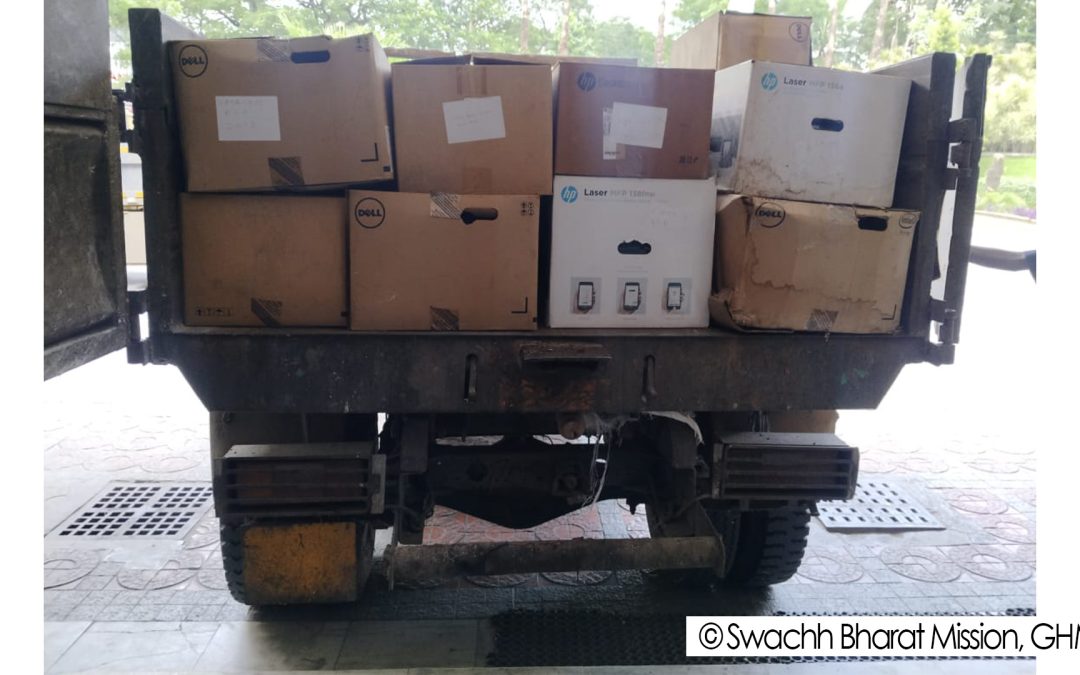 Researchers from Beijing’s Tsinghua University, in collaboration with those from Macquarie University, in Sydney, have discovered that recovering metals from e-waste is economically sensible.
Researchers from Beijing’s Tsinghua University, in collaboration with those from Macquarie University, in Sydney, have discovered that recovering metals from e-waste is economically sensible.
From a sustainability perspective, the environmental benefits of recovery have been widely publicised. But the new research into ‘urban mining’ has revealed that the process of extracting metals – such as copper, aluminium, and gold – from the waste is thirteen times cheaper than obtaining them from ore, in the traditional fashion.
Environmental Leader reports that the research, published by the American Chemical Society, found the expenses of recycling companies engaging in urban mining were often offset by government subsidies, as well as by revenue from selling the recovered materials.
Although the research so far has been focussed on recycled television sets, and the copper and gold within them, the researchers believe it indicates “a trend and potential to be applied across a broader range of e-waste sources and extracted metals.”
The team continued: “If these results can be extended to other metals and countries, they promise to have positive impact on waste disposal and mining activities globally, as the circular economy comes to displace linear economic pathways.”
Michael Murphy, Dell Technologies’ Vice President of global product compliance engineering and environmental affairs, offered the OEM perspective on urban mining, particularly regarding PCs.
“One key is the extraction of precious metals,” explained Murphy. “We’ve helped design for recyclability so our partners can get the materials that are of most value easily, and either get them back into our product or into other sectors.”



















